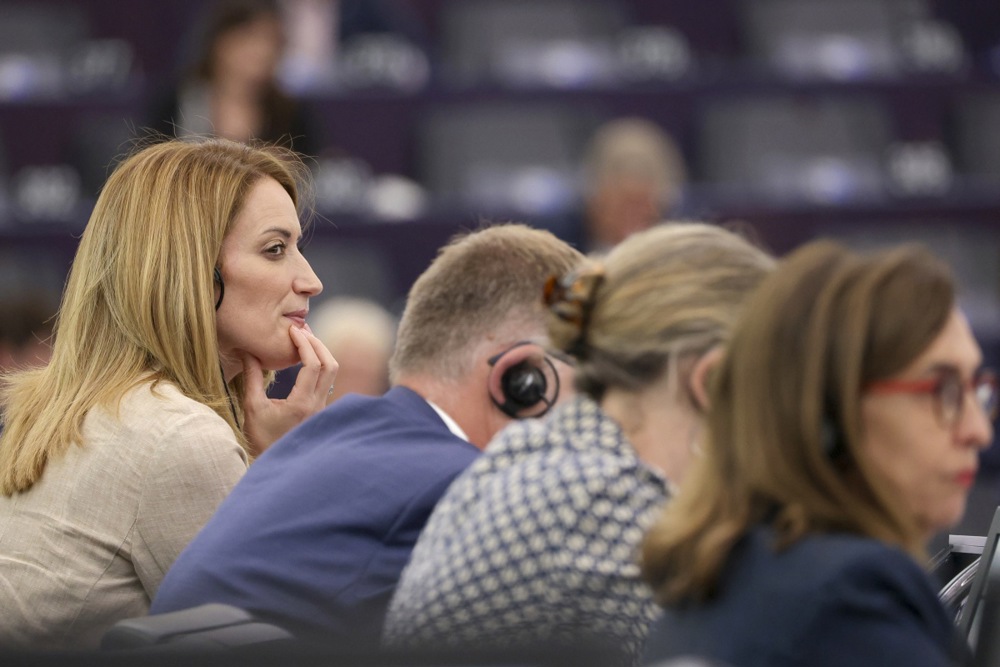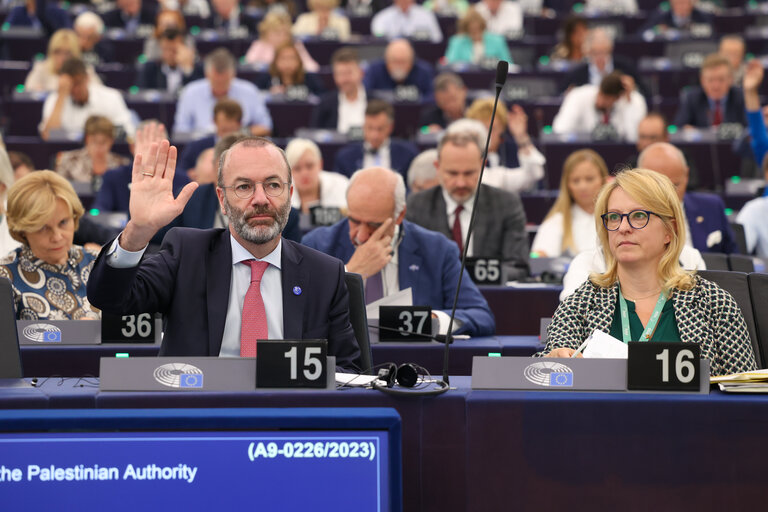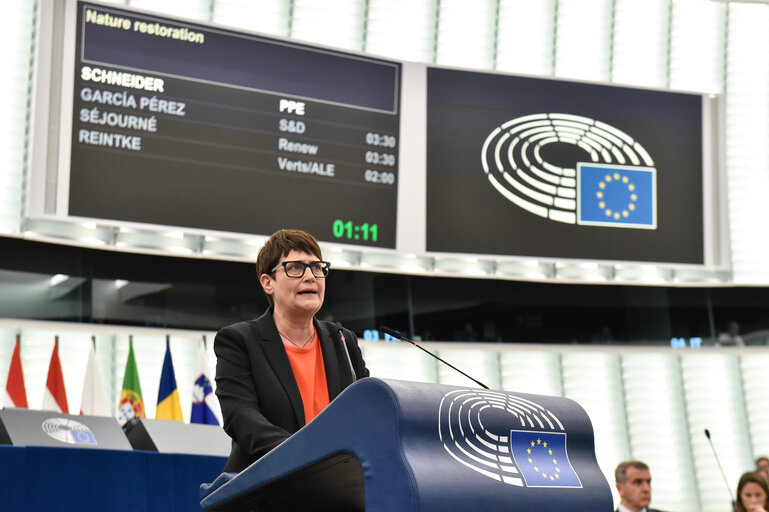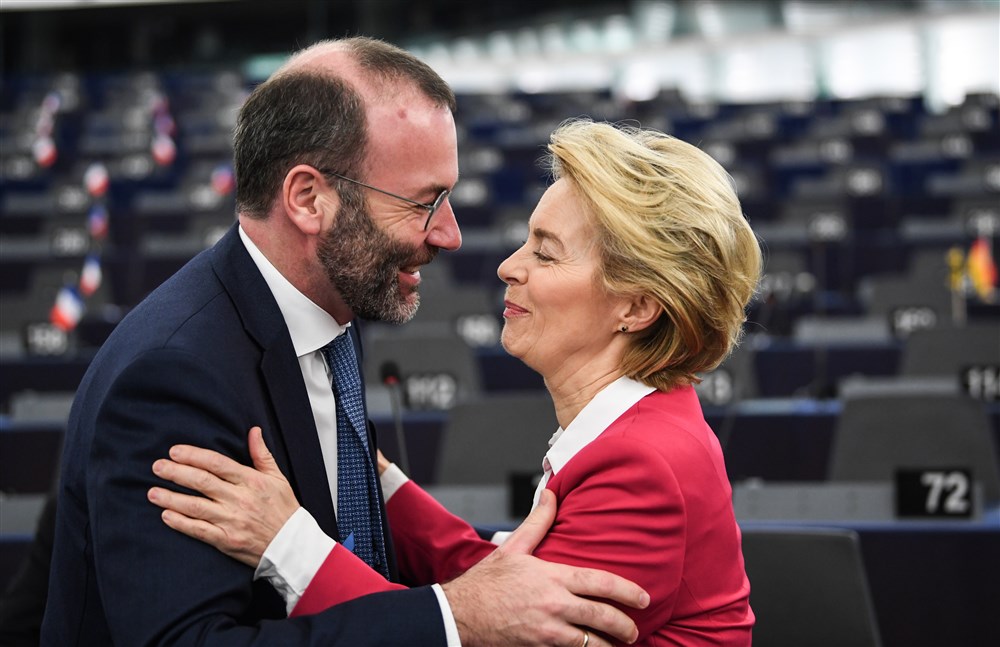The European Parliament’s main parties reached a late-night agreement on July 18 on a push to eliminate Members States’ veto power, a move which would increase federalisation of the EU.
Its chances of success are however slim, as changes to EU treaties requires unanimous agreement from Member States. This means countries such Hungary, currently with veto powers, would need to agree to relinquish them.
A constitutional convention would also need to be called, which requires the backing of 14 Members. As of writing only 10 are in favour.
Representatives from the centre-right European People’s Party, the centrist-liberal Renew Group, the Greens, the centre-Left Socialists and Democrats, and their more radical counterparts in the Left Group met to discuss the proposed changes.
The parties’ plan to eliminate the veto power was “well developed”, a political assistant told Brussels Signal.
The proposal would see the current system of qualified majority decisions replaced with a simple majority voting mechanism.
The EU could then change laws with the support of 50 per cent of EU Member States, if they together represented 50 per cent of the EU population.
The current 65 per cent population threshold disproportionately benefited larger countries such Germany and France, said the change’s backers.
However, supporters of the national veto argue it offers a safeguard to those governments that might be against EU schemes. It stops larger members from “rolling over” smaller neighbours, forcing the EU to take each member’s interests more seriously, they said.
The proposed changes also include a “super-qualified majority” vote for critical decisions regarding national security and defence. These decisions would require 85 per cent of EU countries and population to agree.
Other reforms included a proposal that the European Parliament nominate the European Commission president, rather than EU countries. The Parliament would also get a say on the EU’s budget, and the right to initiate EU legislation.
MEPs plan to introduce a resolution triggering the EU’s Article 48 – calling for a constitutional convention – at a joint press conference on September 7, said people present at the July 18 meeting.
The European Parliament’s Constitutional Affairs Committee will vote on the resolution on October 5.





